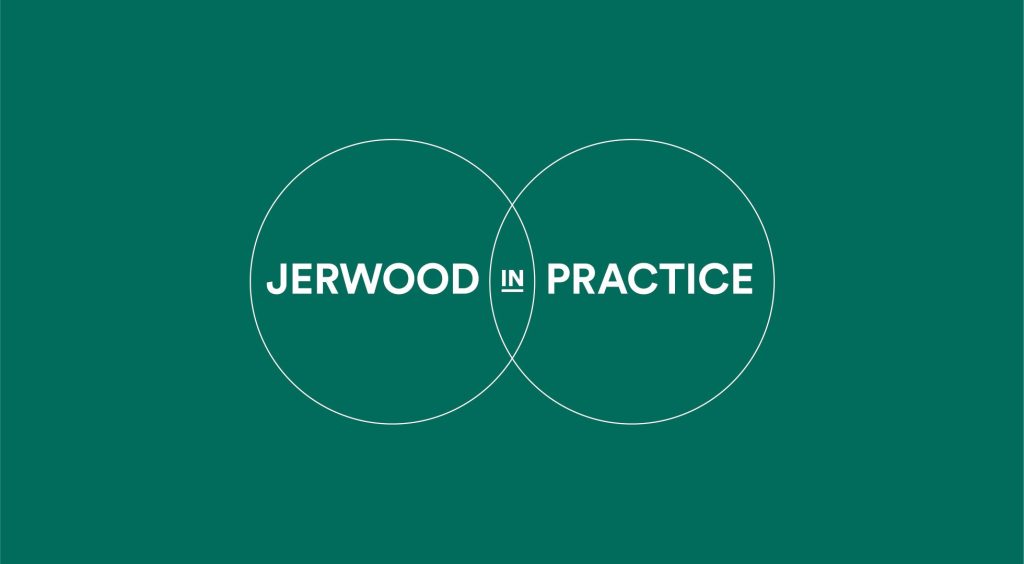Covid-19 has revealed the precarity and the interdependence of creative freelancers with institutions in new ways, exposing significant pre-existing inequalities in the structures and practices across the arts and cultural sector.
Issues brought sharply into focus by the pandemic have been widely documented including, among others, by: the Policy and Evidence Centre (PEC) led by NESTA; The Big Freelancers Report by Freelancers Maker Theatre Work; the Freelance Task Force; the Speak, Listen, Reset, Heal conference; the Musicians Union and Equity. Key issues include: unpaid labour and no/low wage cultures; racial inequality highlighted by Black Lives Matter; access and inclusion, especially around digital spaces and in the wake of the challenges of re-opening for live engagement; and the importance of good communications from funders and institutions with the power to make and shape individuals’ careers. The pandemic also gave independent arts funders a reminder of just what a relatively small part of the arts ecology we represent and the limits of our impact and influence.
Jerwood Arts, like many other arts funders, has been assessing its changing responsibilities and actions across these intersecting issues and more as the crisis has unfolded. It has affected how we have offered our funding over the last year, and we have also seen other funders make significant changes to how and what they fund. Some for the first time made emergency grants for individuals, putting financial and welfare needs first. Some have adapted their application and decision-making processes, creating new, flexible, lighter-touch approaches to be able to match the urgency. Some have created new, targeted funds designed specifically to address issues such as racial inequalities. Other pre-existing programmes changed their parameters to ensure more funds reach more artists overall and are now reflecting on what funding will be the most effective going forward.
Understandably, most funders have reported that demand for grants, bursaries, awards and opportunities for individual freelance artists and creatives have increased to unprecedented levels. In the case of Jerwood Arts, demand from individuals for our funding opportunities leapt. Our Live Work Fund alone last autumn received 1,283 applications, double the number received for previous open calls for entries. The success rate was 1 in 40.
We need to be honest: many of the current models no longer feel sustainable for applicants or for funders. The majority – from open calls to nomination processes to closed selection – are highly competitive and risk perpetuating systems of unpaid labour, exclusion and bias, regardless of good intentions and development of better practices.
Back in May, we sent an SOS to other arts funders large and small that, like Jerwood Arts, fund individuals directly. Our provocation was: ‘Is arts funding for individuals broken? And if so, what are we going to do about it?’. Since then, we have convened monthly Zoom meetings to discuss some of the common issues we are facing, and have started to delve into how we can respond to them and explore ways in which we can work together to find solutions.
As Jerwood Arts enters a period of strategic review looking at our long-term aims beyond 2022, we want to make sure that we are learning as much as we can from other funders, artists we do and do not support, and other sectors that face similar challenges. Our aim is to continue to pilot new ways of working, experiment and adapt our funding opportunities to be fit for the future.
This is where Jerwood In Practice comes in: a new series of public-facing blogs, podcasts and other content that we are starting today to help broaden the conversations we are having internally and within our networks. We know that opening up these topics and inviting questions and feedback will strengthen our overall ability to support early-career artists, curators and producers through transformative opportunities.
Lilli Geissendorfer, Director, and Jon Opie, Deputy Director
